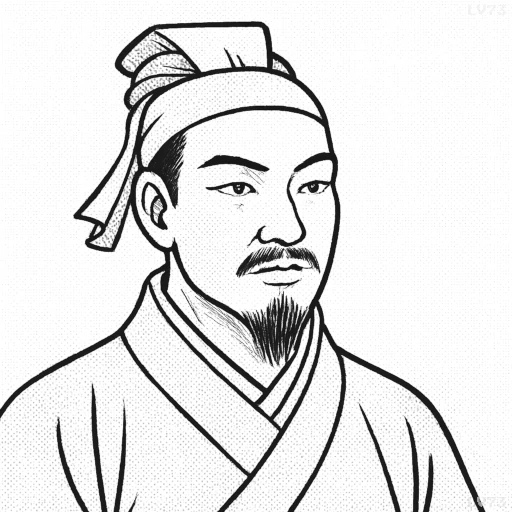“In the practical art of war, the best thing of all is to take the enemy’s country whole and intact; to shatter and destroy it is not so good.”

- 544 BC-496 BC
- Born in China
- Military strategist, military strategist
table of contents
Quote
“In the practical art of war, the best thing of all is to take the enemy’s country whole and intact; to shatter and destroy it is not so good.”
Explanation
In this quote, Sun Tzu emphasizes the value of preserving the enemy’s resources, territory, and infrastructure rather than engaging in complete destruction. While victory in war is often viewed as defeating the enemy, Sun Tzu suggests that a more strategic and beneficial outcome is one where the enemy’s country is taken intact, allowing for the acquisition of resources and territory without the costs of total destruction. Destruction leaves a power vacuum, limits post-war benefits, and creates the need for costly rebuilding, which often harms the victor as well. By taking the enemy’s land whole, you maximize your own advantages—be it through resources, labor, or strategic positioning—while minimizing the long-term costs of war.
This concept can be applied in both military strategy and business. In modern conflicts, an occupation or annexation strategy often brings greater long-term benefits than total destruction. For instance, during World War II, the Allied forces did not simply aim to destroy Germany and Japan but sought to rebuild and reintegrate these countries into the global economy. The post-war recovery efforts in both nations led to the Marshall Plan in Europe and Japan’s rapid industrial growth, which benefited both the victors and the defeated. In business, companies that acquire competitors or merge with other firms often seek to integrate them rather than dismantle them, preserving valuable assets, customer bases, and intellectual property.
The principle also resonates with political strategy and diplomacy. In international relations, nations that can secure cooperation and build alliances rather than purely dominating or destroying their rivals often create more stable and beneficial relationships. For example, the Cold War tensions between the United States and the Soviet Union were managed in such a way that neither side sought to completely destroy the other, leading to a balance of power and eventual detente. By focusing on preserving peaceful control rather than total conquest or destruction, leaders can ensure that the benefits of victory extend far beyond the immediate military success, ensuring long-term stability.
Would you like to share your impressions or related stories about this quote in the comments section?

